Aluminum components are widely used in many industries, and every component is manufactured using different processes.
Aluminum forging is among the manufacturing processes done for aluminum parts. If you want to know more about the different types of aluminum forging and its process, you can read this guide below.
What is Aluminum Forging?
The process of aluminum forging can mold the aluminum components into different shapes by applying pressure. Aluminum forging can create multiple shapes and layouts, and the components manufactured have high strength and durability.
Steps in Aluminum Forging
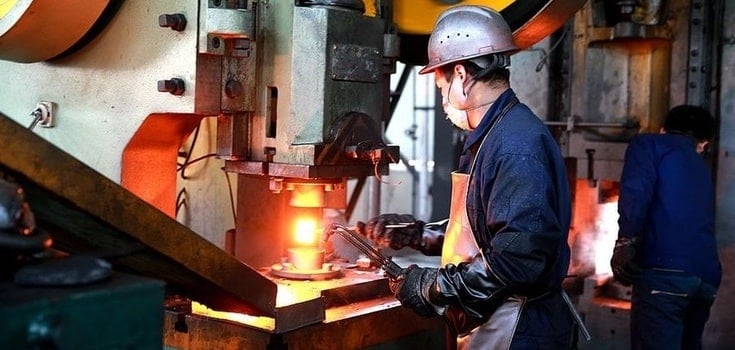
The aluminum forging process involves different steps, which lead to the manufacture of aluminum parts. Each step involved in the process of aluminum forging is discussed below:
- The first stage is selecting the right alloy of aluminum based on the application, and this involves assessing the properties of aluminum.
- The chosen aluminum alloy is then heated at a temperature ranging between 500 to 700 degrees centigrade. Heating makes the aluminum material more formable, and the risk of cracking during the forging process is also reduced.
- The dies are designed for the aluminum components based on the required shapes and geometry.
- The aluminum material is then heated at the required temperature and subjected to a hydraulic press, which creates pressure between the forging dies.
- Once the aluminum components have taken the shape of the dies, they are subjected to secondary operations for surface finishing.
Benefits of Aluminum Forging
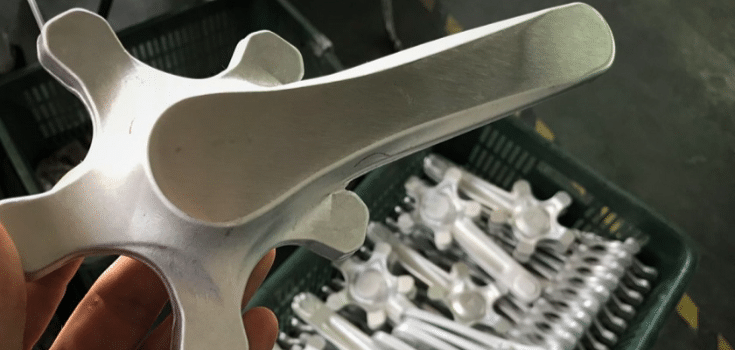
Aluminum forging is used widely for its endless benefits, and some of these benefits are as follows:
- Aluminum forging ensures that the component has toughness, strength, and resistance against fatigue.
- It offers improved dimensional accuracy and surface finishing.
- The process creates less wastage of materials as the shaping process is highly accurate.
- It is economical when chosen for high-volume manufacturing.
Types of Aluminum Forging
There are different types of aluminum forging processes, and some of them are discussed below.
Cold Forging
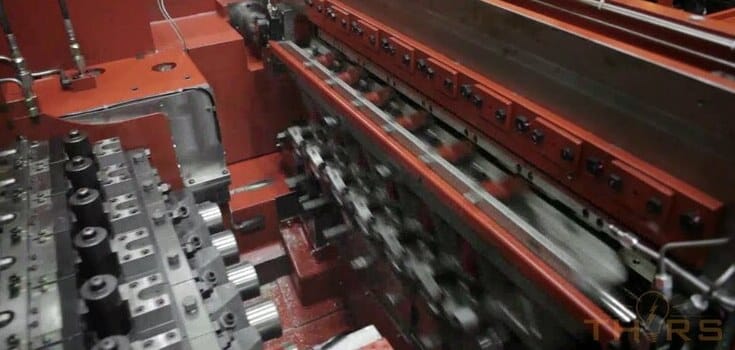
Cold forging takes place at room temperature and shapes the aluminum material with high precision and strength.
Hot Forging
Hot forging is a process that takes place at high temperatures, and the components manufactured using it have complex shapes.
Drop Forging
Drop forging uses gravitational force so that the components are created with exact dimensions and have strength despite being highly complex.
Rolled Ring Forging
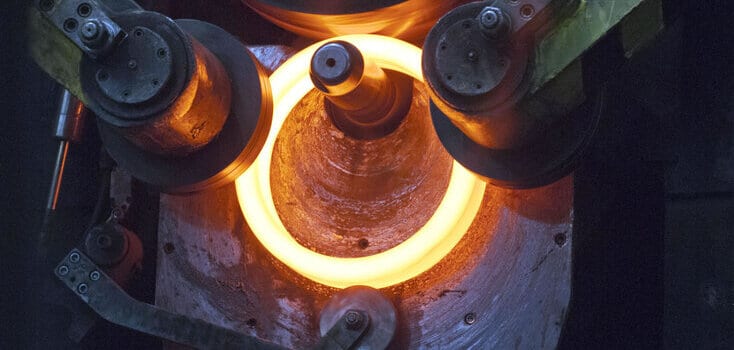
Rolled ring forging helps to create rings from one stock piece, and it rolls the piece for the forming process.
Open Die Forging
Open-die forging can help create different types of geometric shapes using aluminum materials. The process uses two dies, which are flat or heel-to-toe dies.
Closed Die Forging
Aluminum closed die forging creates precise aluminum components and uses reset producers for the process. This process helps to create different shapes and forms of aluminum parts.
Алюминиевые сплавы для ковки

There are different types of aluminum alloys that are used for the process of forging, and the most commonly used alloys are discussed below:
6061: It is used for forging as it offers excellent corrosion resistance and formability by offering excellent strength. It is used for marine and aerospace applications.
6063: It has an excellent surface finish and, hence, is suitable for decorative applications. It can be used to create extruded and tubing shapes using forging.
6082: It is a strength-oriented aluminum alloy; it has excellent strength and corrosion resistance. Forged 6082 aluminum alloy is used in transportation applications.
7075: 7075 is an aluminum alloy that has an excellent strength-to-weight ratio and is used in structural components, the defense industry, and aerospace after being forged.
2024: This aluminum alloy is highly machinable, offers high strength, and can be chosen for extensive aerospace applications.
7050: It is a corrosion-resistant material that has improved cracking resistance and hence is used in defense and aerospace applications after forging.
2xxx Series: These alloys are designed especially for forging, offering high machinability and strength, and are used for the automobile and aerospace industry.
7xxx Series: These aluminum alloys can be treated with that and can be opted for high-performance applications.
Applications of Aluminum Forging
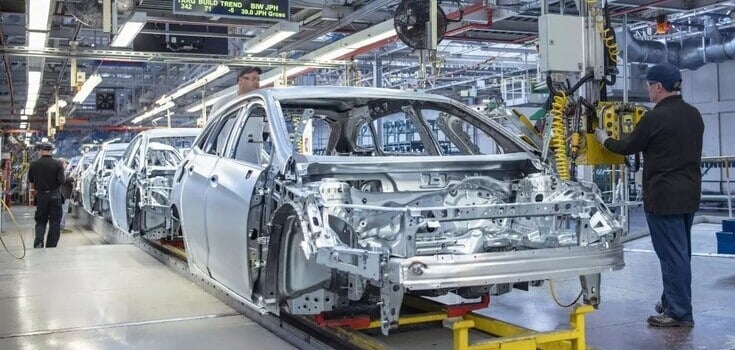
The process of aluminum forging is used for manufacturing components for various industries, and some of these applications are discussed below:
Аэрокосмическая промышленность: In the aerospace sector, components like leading systems and landing gears, followed by other structural components, are manufactured through aluminum forging.
Автомобиль: The automobile sector used the process of aluminum forging to manufacture steering knuckles, suspension, and transmission components.
Defense: Highly precise components like weapon systems, missile components, and armored vehicles require forged aluminum parts.
Consumer Goods: In the consumer goods industry, frame parts of bikes, pans, and sports equipment are manufactured using aluminum forging.
Bathroom: Additionally, aluminum forging is also widely used in high-end home applications, such as durable frames and structural supports for shower doors, ensuring strength and longevity in moisture-rich environments.
Aluminum Forging vs Aluminum Die Casting

Forging and die-casting are the two methods used for manufacturing aluminum parts, but they have major differences.
Forging uses heat and pressure to create the components, but die casting uses molten aluminum injected into the mold. The components manufactured by forging have a better grain structure, which creates strength-oriented parts.
Литье под давлением creates components that have dimensional stability and can produce complex shapes.
Заключение
Aluminum forging can help many industries manufacture aluminum components for their applications. However, it is very important to manufacture these components carefully to ensure quality.
If you are looking forward to having some assistance with aluminum forged components, connect with us at DEK. We have been in the field of manufacturing aluminum components for years using the process of forging and have specialized teams and equipment.
